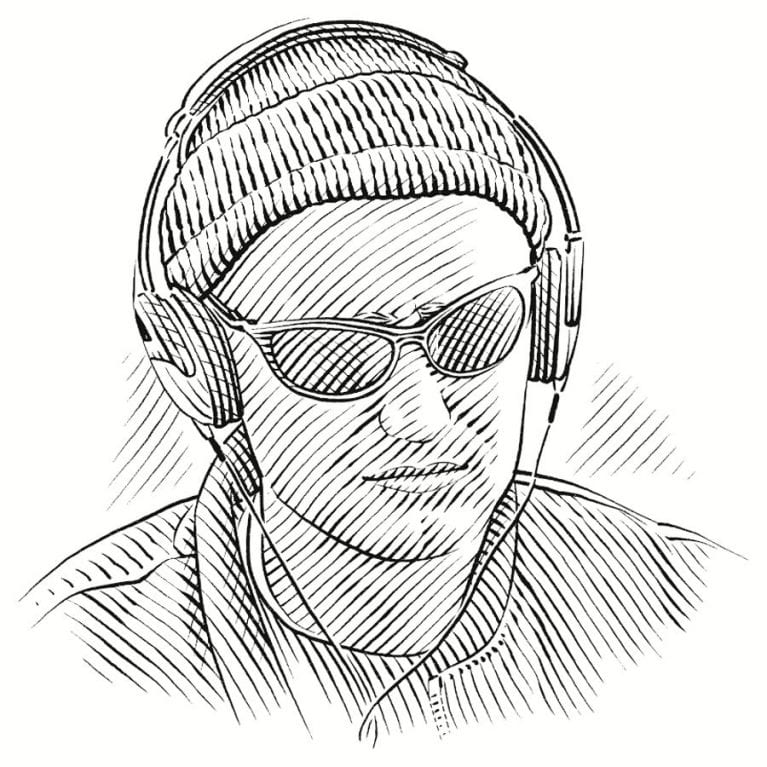Adam Barnett

Who I am
Adam got into marine biology in a more roundabout way. Originally a chef for 13 years, he wanted to turn his favourite pastimes, scuba diving and observing animals, into a job. Since changing from cooking animals to studying them, Adam has worked as an educator aboard an ecotourism vessel and as crew on more than 20 natural history documentaries. He has also completed a PhD on sevengill shark ecology, which was funded by the Save Our Seas Foundation. He currently holds a research position at Deakin University in Melbourne, Australia, and is the director of the new initiative Oceans IQ, a free educational website.
Where I work
One of our many projects at the moment is studying the reef sharks (grey and whitetip) at Osprey Reef in the Coral Sea off the north-eastern coast of Australia. Osprey Reef is an isolated sea mount rising vertically from 2,400 metres to less than one metre below sea level. It lies approximately 220 kilometres due east of Cape Melville on the Queensland coast and some 125 kilometres from the edge of the Great Barrier Reef. The diving out there – on the edge of reef walls that drop straight down 1,500 metres in crystal-clear water – is amazing, among the best in Australia!
Sharks are abundant in the area, with grey reef, whitetip reef and silvertip sharks the staple species, while the prized hammerheads (both scalloped and great) are spotted regularly.
What I do
Shark ecotourism is a growing multi-million-dollar industry worldwide and many dive companies market trips specifically to feed sharks. Although the practice is controversial, information about how provisioning sharks, or tourism in general, affects their health and natural behaviour is still limited. Research therefore needs to be done so that the positive effects of shark ecotourism (for example, benefits to the local economy and creating public awareness that becomes an aid to conservation) can be weighed against its potential to adversely affect a target species by altering the animals’ natural behaviour.
Our previous work at Osprey Reef shows that tourism does alter the daily activity patterns of whitetip reef sharks and has the potential to affect their metabolic rates, net energy gain and overall health. However, nothing has been reported on the effect tourism may have on sharks’ energy budgets. The findings of our 2011 paper ‘Variation in depth of whitetip reef sharks: do shark feeds change their behaviour?’ (Coral Reefs 30: 569–577) and the increasing popularity of shark provisioning suggest that this topic needs to be addressed in much greater detail. In view of the life history of sharks and the escalating rate and magnitude of human activity in the world’s oceans, research into human–shark interactions has never been more important.
Our research involves attaching electronic tags to whitetip and grey reef sharks to determine their activity levels, routine metabolic rates and energy budgets and then comparing these on days when shark feeds are conducted and when they are not. From the results, tour operators and conservation management bodies will be able to draw up guidelines for best practice in shark ecotourism so that there is minimal effect on the animals’ behaviour and health.
